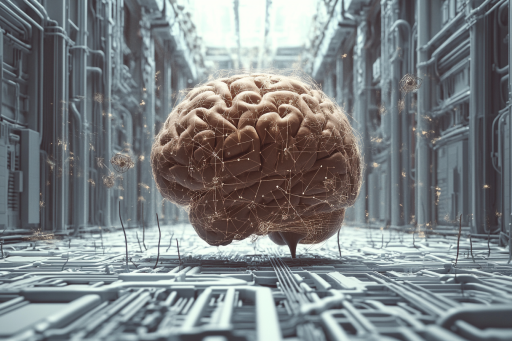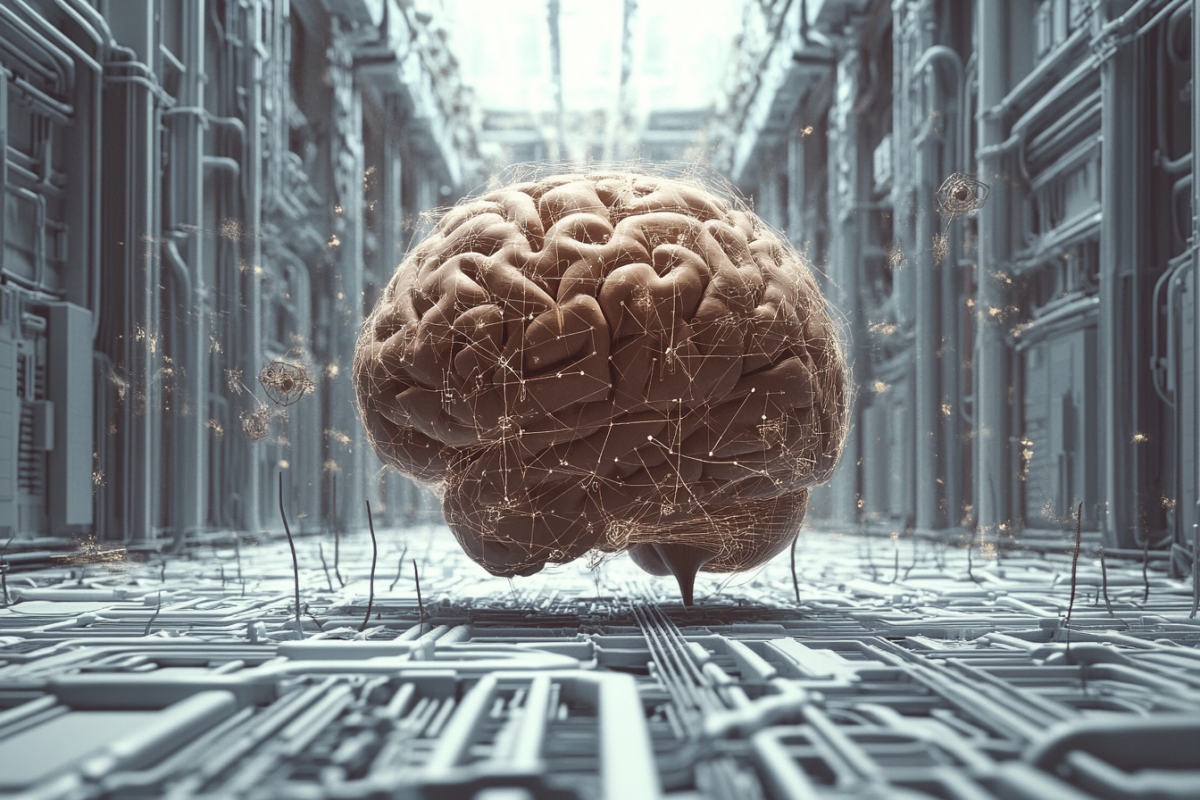
The human brain is the most powerful and mysterious organ in the body, yet much of its true potential remains hidden. It controls everything we think, feel, and do, but science continues to uncover strange and mind-bending facts about how it really works. From its ability to rewire itself to the bizarre tricks it plays on our perception, the brain is full of surprises. These hidden truths reveal just how extraordinary—and sometimes unsettling—this complex organ truly is.
Your Brain Creates False Memories Without You Realizing It

Memories feel like accurate recordings of past events, but the brain often fills in gaps with false details. Studies show that even vivid memories can be partially or entirely fabricated based on suggestions or assumptions. This is why eyewitness testimony is notoriously unreliable—people can recall events that never actually happened. Your brain isn’t lying to you on purpose—it’s just trying to make sense of missing information.
Your Brain Can Rewire Itself After Damage

Unlike a machine that breaks and stays broken, the brain has an incredible ability called neuroplasticity, allowing it to rebuild and rewire itself after injury. Stroke survivors have regained lost abilities by training other parts of the brain to take over damaged functions. Even in everyday life, the brain constantly reshapes itself based on new experiences and learning. This means that your brain is never truly fixed—it’s always evolving.
The Brain Processes Emotions Before Logic

When faced with a decision, your brain reacts emotionally first, and then logic kicks in afterward. The amygdala, a small almond-shaped part of the brain, is responsible for emotional responses, including fear and pleasure. It sends signals faster than the prefrontal cortex, which controls rational thinking. This is why strong emotions can override logic—even when you know something isn’t rational, your feelings may tell a different story.
Your Brain Uses 100% of Its Power—Not Just 10%

The idea that humans only use 10% of their brains is a complete myth. Brain scans show that even during rest, multiple regions are constantly active, managing everything from breathing to complex problem-solving. While certain areas specialize in specific functions, they work together like a network, ensuring that the entire brain is in use. Every part of your brain has a job—there’s no “unused” portion waiting to be unlocked.
Your Subconscious Mind Runs Most of Your Life

While you’re focused on your thoughts, your subconscious mind is controlling nearly everything else. Breathing, heartbeat, reflexes, and even decisions you think are conscious often originate from subconscious processing. Studies suggest that choices are made in the brain before you’re even aware of them, with the conscious mind only stepping in afterward. The majority of your behavior is influenced by hidden mental processes that you don’t directly control.
Your Brain Can Trick You Into Feeling Pain That Isn’t Real

The mind and body are so deeply connected that the brain can create pain without physical injury. This is known as phantom pain, where amputees feel sensations in missing limbs as if they were still there. The brain can also amplify pain through stress, anxiety, or even suggestion—proving that pain isn’t just a physical experience, but also a mental one. In some cases, the right mindset can even reduce or eliminate pain entirely.
Sleep Cleanses Your Brain Like a Detox System

During sleep, the brain flushes out toxins and waste products that build up during the day. The glymphatic system, a unique brain-cleaning mechanism, is 10 times more active during sleep than when awake. This nightly cleansing process helps prevent neurodegenerative diseases like Alzheimer’s. Missing sleep doesn’t just make you tired—it actually prevents your brain from taking out the trash.
Your Brain Can “See” Without Using Your Eyes

Blind individuals have been shown to navigate spaces and recognize objects using echolocation—just like bats and dolphins. This happens because the brain repurposes the visual cortex to process sound instead. Even sighted people can train themselves to use echolocation by listening to echoes. This proves that the brain can reorganize itself to adapt to different sensory inputs, even creating “vision” without eyesight.
Deja Vu Might Be a Glitch in Brain Processing

That eerie feeling of déjà vu, where you sense you’ve experienced something before, isn’t fully understood by science. One theory suggests it happens when the brain accidentally processes a new experience as a memory, making it feel oddly familiar. Another theory proposes that it’s a slight timing error between the brain’s hemispheres, causing reality to feel like a replay. No matter the cause, déjà vu is a fascinating glitch in consciousness that remains a mystery.
The Human Brain Generates Enough Electricity to Power a Lightbulb

The brain produces about 20 watts of electricity at any given moment—enough to power a small lightbulb. This electrical activity comes from billions of neurons firing signals in complex patterns. These bioelectric impulses are what allow us to think, move, and feel. In a way, your brain is a living, self-sustaining power source.
Music Changes the Structure of Your Brain

Listening to music doesn’t just affect emotions—it actually physically changes the brain. Studies show that musicians have larger, more connected brain regions, especially in areas related to memory and motor skills. Even non-musicians experience increased brain activity when listening to music, which can boost cognitive function, mood, and even healing processes. Music isn’t just entertainment—it’s a powerful brain-enhancing tool.
The Brain Can’t Feel Pain

Even though the brain processes pain signals, it has no pain receptors of its own. This means that brain surgeries can be performed without anesthesia, as long as the scalp and skull are numbed. However, headaches and migraines still feel painful because the nerves and blood vessels around the brain can sense pain. It’s a strange paradox—the organ that makes you feel pain is itself immune to it.
Memories Change Every Time You Recall Them

Each time you remember something, your brain reconstructs the memory, often altering small details in the process. This means that memories aren’t like stored files, but rather constantly evolving narratives. Over time, details shift, and repeated recall can even cause completely false memories to form. Your past is never as accurate as you think—it’s always being rewritten.
Your Brain Can Process Images Faster Than a Blink

The brain can identify and interpret an image in just 13 milliseconds, faster than the blink of an eye. This rapid processing is what allows you to react instantly to visual stimuli, such as recognizing a face in a crowd or dodging a fast-moving object. Even when you aren’t fully aware of what you saw, your brain has already analyzed and stored the information. Your mind is processing the world around you at speeds you can’t even comprehend.
The Brain Can Predict the Future—Sort Of

Your brain is constantly making micro-predictions about what will happen next, often without you realizing it. This is known as predictive processing, where the brain anticipates movement, speech, and even sensory experiences before they occur. This ability helps you react faster in dangerous situations and even “fill in the blanks” when information is missing. Sometimes, these predictions are so accurate that they create the eerie feeling of knowing something before it happens.
Your Brain is More Powerful Than You Realize

The human brain is an incredible machine, constantly evolving, adapting, and reshaping your perception of reality. It holds hidden abilities we are only beginning to understand, from rewriting memories to generating emotions before logic kicks in. Science may never fully unravel its deepest mysteries, but one thing is clear—your brain is capable of far more than you ever imagined. The real question is: how much of its potential remains untapped?





